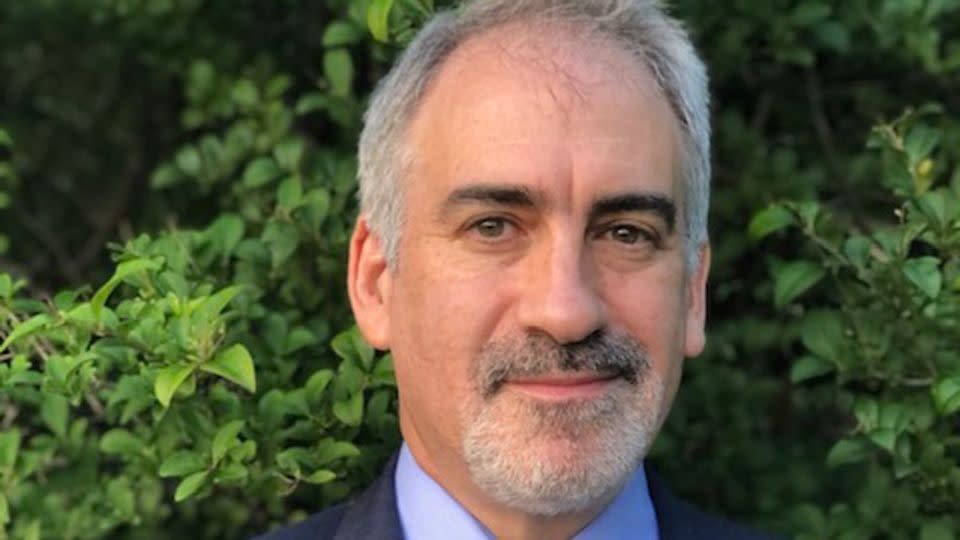Opinion: The irony of SBF’s sentencing
Editor’s Note: Howard Fischer is a lawyer practicing at the law firm Moses Singer LLP in New York and former senior trial counsel with the Securities and Exchange Commission. The opinions expressed in this commentary are his own. Read more opinion at CNN.
In considering the fairness of the sentencing of FTX founder Sam Bankman-Fried, a classic of French literature comes to mind. In Voltaire’s 1759 masterwork, “Candide,” a character justifies the execution of Admiral John Byng as a scapegoat for English military failures with the phrase “pour encourager les autres,” or in English, “to encourage the others.” That is, the execution of one admiral would warn the other admirals not to lose their battles.

While Bankman-Fried is not threatened by a firing squad, he did receive a 25-year sentence. While it is perhaps a bit of a stretch to paint him as a scapegoat like poor Admiral Byng, it is fair to question the appropriateness of his sentence, which exceeds that of many violent offenders; especially since it now appears (at least according to the sentencing memorandum submitted by Bankman-Fried’s counsel) that actual losses to customers from his fraud might not be substantial.
So why the severity? That Bankman-Fried received a sentence measured in decades has to be seen not simply as an assessment of his individual culpability, but as a social judgment, as part of a broader attempt to impose standardized norms of corporate governance and behavior on an upstart industry.
Crypto proponents have long chafed at efforts by regulators to force them within the confines of the traditional financial system. Many have accused the SEC (and other enforcement agencies) of trying to force new wine into old bottles, either by ignoring the essential elements of cryptocurrency as a commodity, rather than as a security, as SEC Commissioner Hester Peirce recently noted, or of attempting to quash competitors to the traditional finance participants.
Recent years have seen efforts by the SEC to rein in cryptocurrency exchanges with cases against Binance and Coinbase (among others) for allegedly operating as unregistered dealers, prosecutions of “staking” operations, whereby investors assign crypto assets to another entity in order to pool them to get rewarded with new tokens for validating blockchain transactions, lawsuits asserting coins are securities, as well as cases against social media influencers like Kim Kardashian and Lindsay Lohan for touting digital assets without disclosing their compensation for doing so.
But the irony might be that this regulatory assault — including the long-term incarceration of Bankman-Fried — is to the benefit of the digital asset industry. Digital assets’ widespread acceptance is inextricably tied to their incorporation within traditional legal and regulatory strictures.
Notwithstanding crypto operations’ efforts to operate outside the traditional financial system, the imprimatur of regulators — and the comfort that this provides to average users — might ultimately be the key to its surviving and flourishing. Or, as another character in “Candide” believed, all is for the best in the best of all possible worlds.
The most telling example is the recent rise in bitcoin prices, which followed the SEC’s approval of bitcoin ETFs. The imposition of traditional norms — audited financials, transparency to regulators and so on — might be essential before a wide range of users will accept and repose confidence in digital assets.
Thus, Bankman-Fried is being called to account not just for his own crimes, but for the generalized failure of the cryptocurrency industry to adhere to established norms. Ironically, his incarceration — if it leads to the acceptance of traditional finance norms on the digital asset industry, even if begrudgingly — might make more people comfortable with adopting cryptocurrency.
Bankman-Fried is reportedly an adherent of “effective altruism,” described as the belief that one should act so as to maximize social benefits to others. As such, he would likely have tolerated a sacrifice for the greater good, to “encourage the others.” His incarceration might be the sacrifice needed to tame cryptoworld and make it more palatable for general use. One wonders if he appreciates the irony.
This story has been updated to reflect details of Sam Bankman-Fried’s sentencing.
For more CNN news and newsletters create an account at CNN.com

